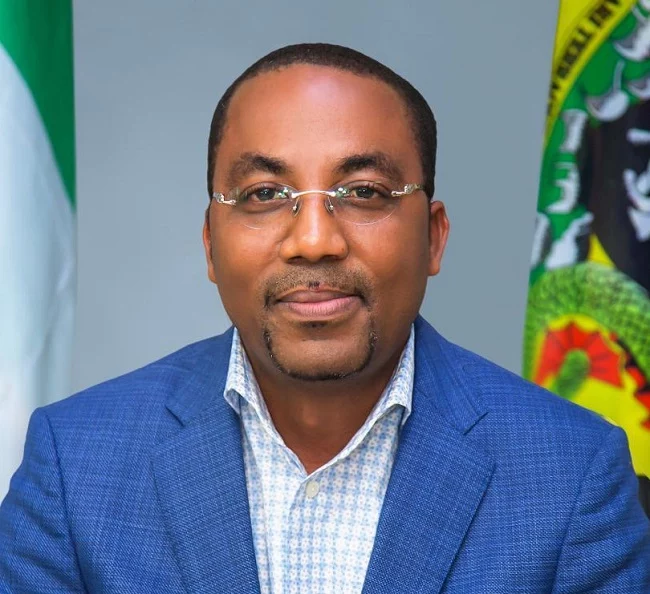Nigeria economy is losing several billions of naira annually to lack of competitiveness in the West, Central African sub-region due to the inability of the nation’s seaports to operate 24-hours.
NATIONAL ECONOMY recalls that despite the federal government’s order on 24-hour port operations at all Nigerian seaports in 2017. However, 24-hour port operations is yet to be implemented by relevant government agencies saddled with that responsibility at the nation’s points of entry.
In May 2017, Vice President Yemi Osinbajo, signed an executive order directing the resumption of 24-hour operations at the Apapa port and outrightly banned touting by officials or unofficial persons at all entry points
Prof. Osinbajo, who was then acting president, said in the Order that, “the Apapa Port shall resume 24-hour operations within 30 days of the issuance of this Order and there shall be no touting whatsoever by official or unofficial persons at any port in Nigeria.”
However, six years after the order, 24-hour port operations is yet to commence and
Maritime stakeholders have however lamented that Nigeria is the only country whose ports do not operate 24 hours,stating that the country was losing several billions of naira in terms of revenue as goods are being shipped to neighbouring countries that are very efficient in the management of their ports.
They argued that 24-hour port operations will reduce the number of days for clearing goods as well as make the ports more competitive even as they said Nigeria is the only port working from 9am to 5pm in the world, while other ports operate 24 hours.
Speaking on 24-hour port operation, former president, Association of Nigerian Licensed Customs Agents (ANLCA), Prince Olayiwola Shittu, said if the port failed to execute the 24-hour operation, it would lose its international competitiveness.
Reform measures that will promote the 24-hour operation, he said, must be formulated by the chief executive officers, but implemented.
“The managing director, Nigerian Ports Authority; the executive secretary, Nigerian Shippers Council; director-general, Nigerian Maritime Administration and Safety Agency (NIMASA); managing director, National Inland Waterways Authority (NIWA); comptroller-general of the Nigeria Customs Service (NCS) and other heads of government agencies that have something to do with cargo evacuation from the ports must come together to develop and manage a timetable for achieving 24-hour operation to reduce costs and a reduction of the time between the entry into port and acceptance of delivery to 24 hours.
“To take them serious, the heads of these agencies need to launch quickly, the ‘common portal’ in the port to complete import or export procedures with a single input-transmission action at a site. In this respect, they must ensure that everything that needs to do with cargo clearance needs to be standardised and integrated,” Shittu said.
An importer, Mr Johnson Emmanuel, said the new initiative on 24-hour accessibility to the port would be a major milestone in economic development if achieved.
“It would increase the ability of concessionaires to serve the people and businesses, and the sub-region. Trade policy and other reforms will, in no doubt, help to stimulate foreign direct investment and increase cargo to the port.
Lamenting that Nigeria is the only country whose ports do not operate 24 hours, the finance minister said the country was losing out in terms of revenue as goods were being shipped to neighboring countries that are very efficient in the management of their ports.
“Nigerian seaports is the only port working from 9am to 5pm in the world. Other ports operate 24 hours and that is why their ports are cheap because importers do not have to pay for demurrage. Apart from reducing the number of agencies in the port, which we have done, we also need to remove the bureaucratic requirements.
“Besides, we need to make more investment in modern technology and machineries. So, this is what we are pushing the concessionaries to do,” he said.
Another importer, Mr Damilare Ashafa, however, said the 24-hour operation might not work unless they ensure the government addresses some of the major challenges facing the port.
Ashafa identified lack of scanners, poor power supply, primitive data processing system and extortion by security agents attached to the port as some of the factors responsible for the inability of the Nigerian Customs Service (NCS) to clear goods within 24 hours.





